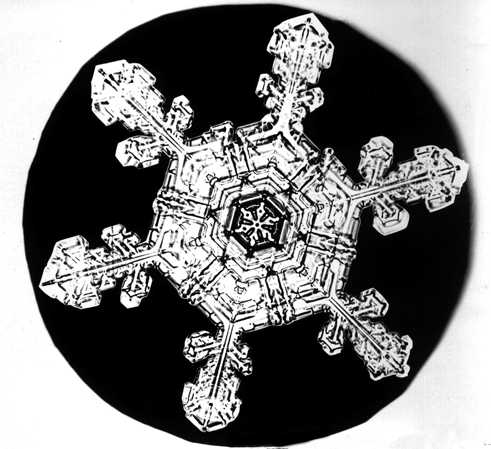Finally got around to watching the History Channel’s “French Revolution” documentary. As a general outline of the events, it’s an OK hour and 28 minutes of programming. Yes, it’s history that’s been tarted up with lame live-action voice-over sequences, hundreds of scenes of the guillotine falling (most accompanied by a shot of a blood-like substance spreading on the pavement beneath) and a sometimes ponderous and breathless script (“And then, the sans culottes really got their croissants in an uproar and treated the royal family very rudely” or, “If there was one thing Robespierre couldn’t stand, it was moderates — especially moderates who had bad table manners”).
There was one little detail when the documentary is dealing with the years leading to the revolution (usually with scenes of peasants scrabbling in the snow for branches to gnaw on) that I wonder about. The script says that Louis No. 16 wanted to support the American Revolution largely to settle scores with the British. And to do so, he approved spending 2 billion livres (the scripts says two thousand million, which is the same thing), enough to feed about 7 million of his subjects for a year. The claim is made that the deficit incurred in supporting the Americans eventually bankrupted the French government and threw the national economy into a state of collapse. On one level, what an irony. On another — and I know before I say it the parallel is superficial — what an interesting analogy for our leaders’ apparent willingness to spend whatever it takes in Iraq. You wonder what the ruinous consequences for us could be,


